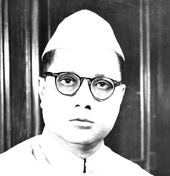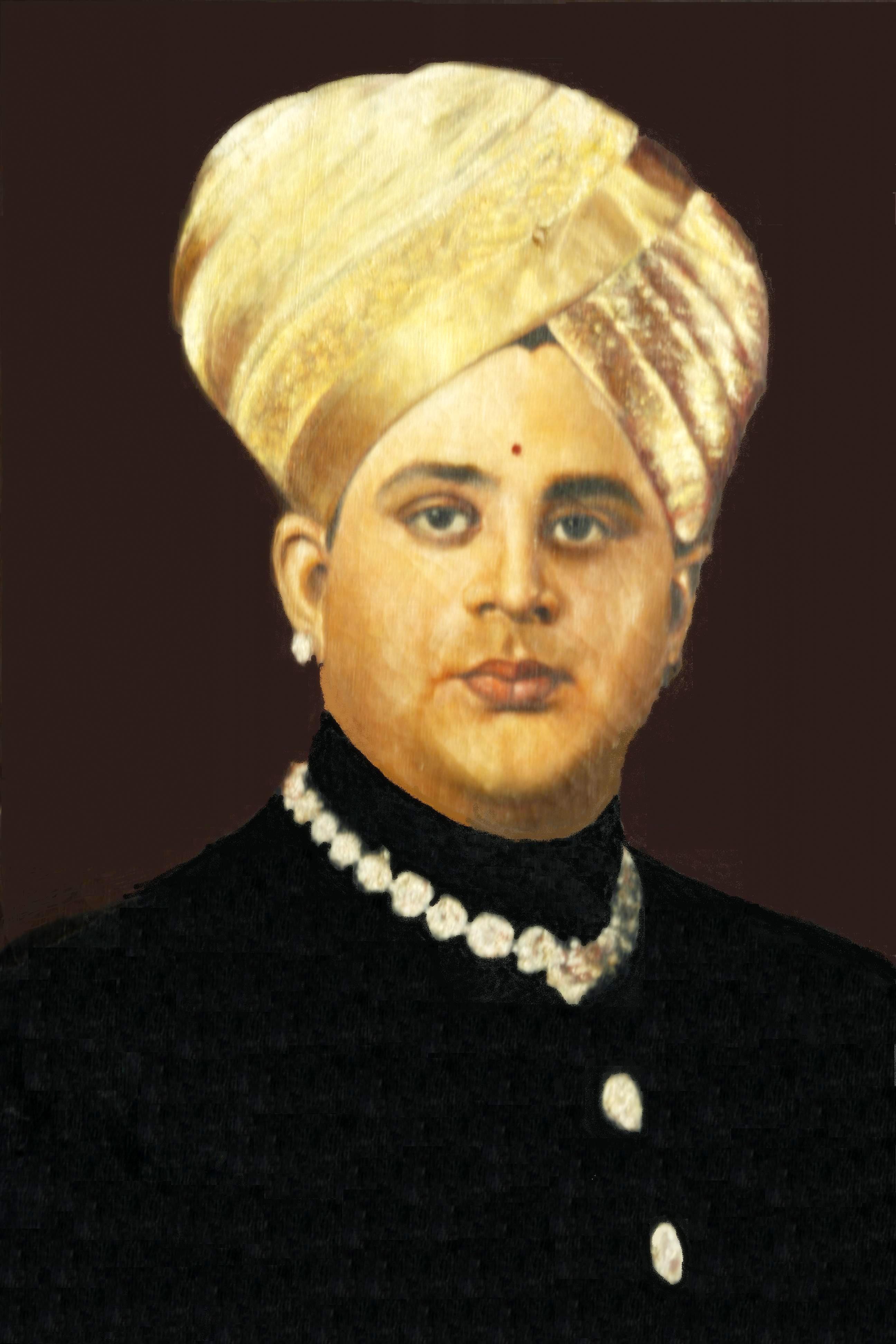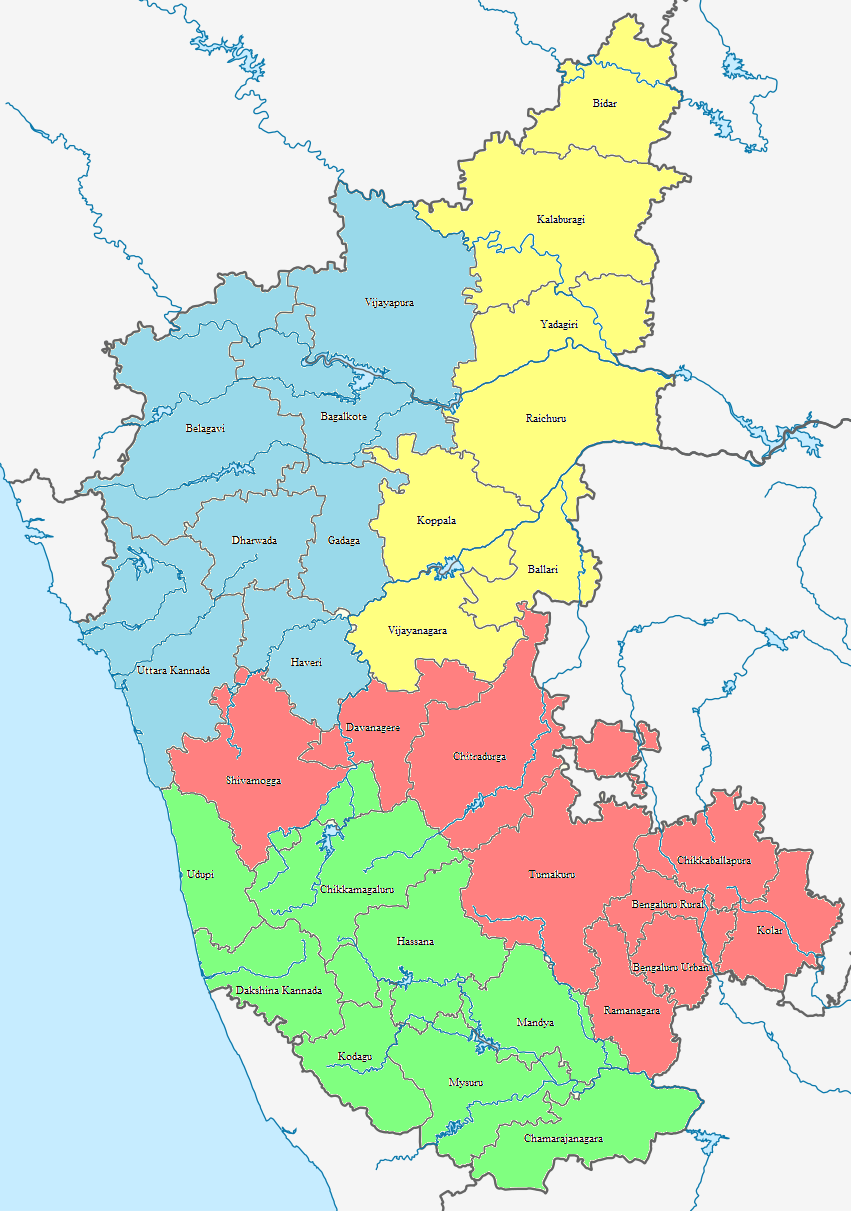|
Shantaram Siddi
Shantaram Budna Siddi is an Indian politician who is a nominated member of the Karnataka Legislative Council from the Bharatiya Janata Party. A member of the Siddi Tribe, he is the first Indian legislator of African descent. Early life Born into a family with poor economic and social background, Shantaram belongs to the Siddi tribal community which traces its origin to the Bantu peoples of East Africa. He is from the Hitlalli village of Yellapur taluk in Uttara Kannada district. He topped his class in seventh standard while studying at his village school, after which his teachers recognized his "hunger for knowledge" and got him enrolled in a school in Ankola. He pursued the Bachelor of Arts degree in Economics from the Arts and Science College, Karwar, during which he joined the Rashtriya Swayamsevak Sangh (RSS). He became the first graduate from the Siddi tribe, and wanted to get a government job after his graduation. Activism Shantaram's interactions with social workers P ... [...More Info...] [...Related Items...] OR: [Wikipedia] [Google] [Baidu] |
Karnataka Legislative Council
The Karnataka Legislative Council is the upper house of the bicameral legislature of Karnataka state in South Western India. Karnataka is one of the six states in India, where the state legislature is bicameral, comprising two houses: the Legislative Assembly, the Legislative Council and the Governor. The Karnataka Legislative Council is a permanent body comprising 75 members. History It was established as the Mysore Legislative Council in 1907 (under Regulation I of 1907) in the Princely State of Mysore with a view to creating a body composed of a certain number of non-official persons with practical experience and knowledge of local conditions and requirements to assist government in making laws and regulations. In addition to the Dewan, President and the Members of Council, who were ''ex-officio'' members, at that time the Council consisted of not less than 10 and not more than 15 additional members to be nominated by the government, out of which not less than two-fifths w ... [...More Info...] [...Related Items...] OR: [Wikipedia] [Google] [Baidu] |
Rashtriya Swayamsevak Sangh
The Rashtriya Swayamsevak Sangh ( ; , , ) is an Indian right-wing, Hindu nationalist, paramilitary volunteer organisation. The RSS is the progenitor and leader of a large body of organisations called the Sangh Parivar (Hindi for "Sangh family"), which have presence in all facets of the Indian society. RSS was founded on 27 September 1925. , it has a membership of 5–6million. The initial impetus was to provide character training through Hindu discipline and to unite the Hindu community to form a Hindu Rashtra (Hindu nation). The organisation promotes the ideals of upholding Indian culture and the values of a civil society and spreads the ideology of Hindutva, to "strengthen" the Hindu community. It drew initial inspiration from European right-wing groups during World War II, such as the Italian Fascist Party. Gradually, RSS grew into a prominent Hindu nationalist umbrella organisation, spawning several affiliated organisations that established numerous schools, charities, an ... [...More Info...] [...Related Items...] OR: [Wikipedia] [Google] [Baidu] |
Members Of The Karnataka Legislative Council
Member may refer to: * Military jury, referred to as "Members" in military jargon * Element (mathematics), an object that belongs to a mathematical set * In object-oriented programming, a member of a class ** Field (computer science), entries in a database ** Member variable, a variable that is associated with a specific object * Limb (anatomy), an appendage of the human or animal body ** Euphemism for penis * Structural component of a truss, connected by nodes * User (computing), a person making use of a computing service, especially on the Internet * Member (geology), a component of a geological formation * Member of parliament * The Members, a British punk rock band * Meronymy, a semantic relationship in linguistics * Church membership, belonging to a local Christian congregation, a Christian denomination and the universal Church * Member, a participant in a club or learned society A learned society (; also learned academy, scholarly society, or academic association) is an ... [...More Info...] [...Related Items...] OR: [Wikipedia] [Google] [Baidu] |
Amit Shah
Amit Anil Chandra Shah (born 22 October 1964) is an Indian politician currently serving as the Minister of Home Affairs since 2019 and the first Minister of Co-operation of India since 2021. He served as the President of the Bharatiya Janata Party (BJP) from 2014 to 2020. He has also served as chairman of the National Democratic Alliance (NDA) since 2014. He was elected to the lower house of Parliament, Lok Sabha, in the 2019 Indian general elections from Gandhinagar. Earlier, he had been elected as a member of the upper house of Parliament, Rajya Sabha, from Gujarat in 2017. Sworn in at the age of 54, he is the youngest serving full-time Home Minister. He is the chief strategist of the BJP and a close aide to Narendra Modi. During his college days, Shah was a member of the ABVP, the student wing of the RSS. At the age of 18, he secured a position in the ABVP and joined the BJP in 1987. Shah was first elected in Gujarat as the MLA for a seat partly covering Ahmedabad, Sar ... [...More Info...] [...Related Items...] OR: [Wikipedia] [Google] [Baidu] |
Minister Of Home Affairs (India)
The Minister of Home Affairs (or simply, the Home Minister, short-form HM) is the head of the Ministry of Home Affairs of the Government of India. One of the senior-most officers in the Union Cabinet, the chief responsibility of the Home Minister is the maintenance of India's internal security; the country's large police force comes under its jurisdiction. Occasionally, they are assisted by the Minister of State of Home Affairs and the lower-ranked Deputy Minister of Home Affairs. Ever since the time of independent India's first Home Minister, Sardar Vallabhbhai Patel, the office has been seen as second in seniority only to the Prime Minister in the Union Cabinet. Like Patel, several Home Ministers have since held the additional portfolio of Deputy Prime Minister. As of February 2020, three Home Ministers have gone on to become the Prime Minister: Lal Bahadur Shastri, Charan Singh and P. V. Narasimha Rao. L.K. Advani, serving from 19 March 1998 to 22 May 2004, has held the offic ... [...More Info...] [...Related Items...] OR: [Wikipedia] [Google] [Baidu] |
List Of Chief Ministers Of Karnataka
The chief minister of Karnataka, formerly known as the chief minister of Mysore, is the chief executive officer of the government of the Indian state of Karnataka. As per the Constitution of India, the governor of Karnataka is the state's ''de jure'' head, but ''de facto'' executive authority rests with the chief minister, a template applicable to all other Indian states. Following elections to the Karnataka Legislative Assembly, the governor usually invites the political party (or a coalition of political parties) with a majority of assembly seats to form the government in the state. The governor appoints the chief minister, whose council of ministers is collectively responsible to the assembly. Given that he has the confidence of the assembly, the chief minister's term is for five years, renewable, and is subject to no term limits.Durga Das Basu. ''Introduction to the Constitution of India''. 1960. 20th Edition, 2011 Reprint. pp. 241, 245. LexisNexis Butterworths Wadhwa Nagpur. ... [...More Info...] [...Related Items...] OR: [Wikipedia] [Google] [Baidu] |
List Of Governors Of Karnataka
The Governor of Karnataka is the constitutional head of the Indian state of Karnataka. The governor is appointed by the president of India for a term of five years, and holds office at the president's pleasure. The governor is ''de jure'' head of the government of Karnataka; all its executive actions are taken in the governor's name. However, the governor must act on the advice of the popularly elected council of ministers, headed by the chief minister of Karnataka, which thus holds ''de facto'' executive authority in the state. The Constitution of India also empowers the governor to act upon his or her own discretion, such as the ability to appoint or dismiss a ministry, recommend President's rule, or reserve bills for the president's assent. Over the years, the exercise of these discretionary powers have given rise to conflict between the elected chief minister and the central government–appointed governor.Durga Das Basu. ''Introduction to the Constitution of India''. 1960. 2 ... [...More Info...] [...Related Items...] OR: [Wikipedia] [Google] [Baidu] |
Karnataka Konkani Sahitya Academy
Karnataka Konkani Sahitya Academy is formed in the Indian state of Karnataka to promote Konkani language and literature. This organisation is funded every year through the Budget of Karnataka Government. This organisation conducts several events including Konkani Lokotsav, once every year. See also * Konkani language agitation The Konkani language agitations were a series of protests and demonstrations in India, concerning the uncertain future and the Languages with official status in India, official status of the Konkani language. They were held by Goans in the then ... References Konkani languages Organisations based in Karnataka Year of establishment missing Language regulators {{edu-org-stub ... [...More Info...] [...Related Items...] OR: [Wikipedia] [Google] [Baidu] |
Government Of Karnataka
The Government of Karnataka, abbreviated as, GoK, or simply Karnataka Government, is a democratically-elected state body with the governor as the ceremonial head to govern the Southwest Indian state of Karnataka. The governor who is appointed for five years appoints the chief minister and on the advice of the chief minister appoints his council of ministers. Even though the governor remains the ceremonial head of the state, the day-to-day running of the government is taken care of by the chief minister and his council of ministers in whom a great amount of legislative powers are vested. Administrative divisions Karnataka State has been divided into 4 revenue divisions, 49 sub-divisions, 31 districts, 237 taluks, 747 hoblies/ revenue circles and 6,022 gram panchayats for administrative purposes. The state has 281 towns and 7 municipal corporations. Bangalore is the largest urban agglomeration. It is among the fastest growing cities in the world. Political and administrative ... [...More Info...] [...Related Items...] OR: [Wikipedia] [Google] [Baidu] |
Gangavalli River
Gangavalli River is one of the many small rivers that originates and flows entirely within the western part of state of Karnataka in India. The National Highway 17 (India) continues on the Hosur Bridge the bridge built over Gangavali River and the road continues to split the Ankola and Kumta regions to connect Uttar Kannada district to Dharwar and Mangalore area. Origin and topography Gangavalli River (also called Bedthi River) originates from the Western Ghats the south of Dharwad (Near Someshwara temple) as Shalmala and flows in the west direction to meet the Arabian sea just after the Ganga temple. Here the River embraces the name Gangavalli from the Goddess Ganga; the village in this area carries the same name Gangavalli. This stream joins at Kalghatgi about lower down to the Bedthi River that takes its birth near Hubli. River then flows west and then south-west for a total distance of 69 km. This river has a catchment area of and has a total length of . On its cou ... [...More Info...] [...Related Items...] OR: [Wikipedia] [Google] [Baidu] |
Organiser (magazine)
''Organiser'' is an affiliated publication of the right wing, Hindu organisation Rashtriya Swayamsevak Sangh (RSS), launched as a newspaper in 1947 in the weeks before the Partition of India. Despite its professed claims of independence, it is regarded by scholars as an official organ of the RSS. The newspaper has been edited by A. R. Nair, K. R. Malkani, L. K. Advani, V. P. Bhatia, Seshadri Chari and Dr R. Balashanker. The current editor is Prafulla Ketkar. ''Organiser'' was relaunched in a magazine format since the edition of 1 April 2014. History After the second world war, the leadership of the Rashtriya Swayamsevak Sangh (RSS) contemplated how to communicate its views quickly to the growing membership of the organisation. Its theoretical underpinnings established by the founder K. B. Hedgewar discouraged publicity and mass communication. He preferred informal communication of verbal messages carried by RSS pracharaks (full-time workers). However, in the run-up to Ind ... [...More Info...] [...Related Items...] OR: [Wikipedia] [Google] [Baidu] |


.jpg)



